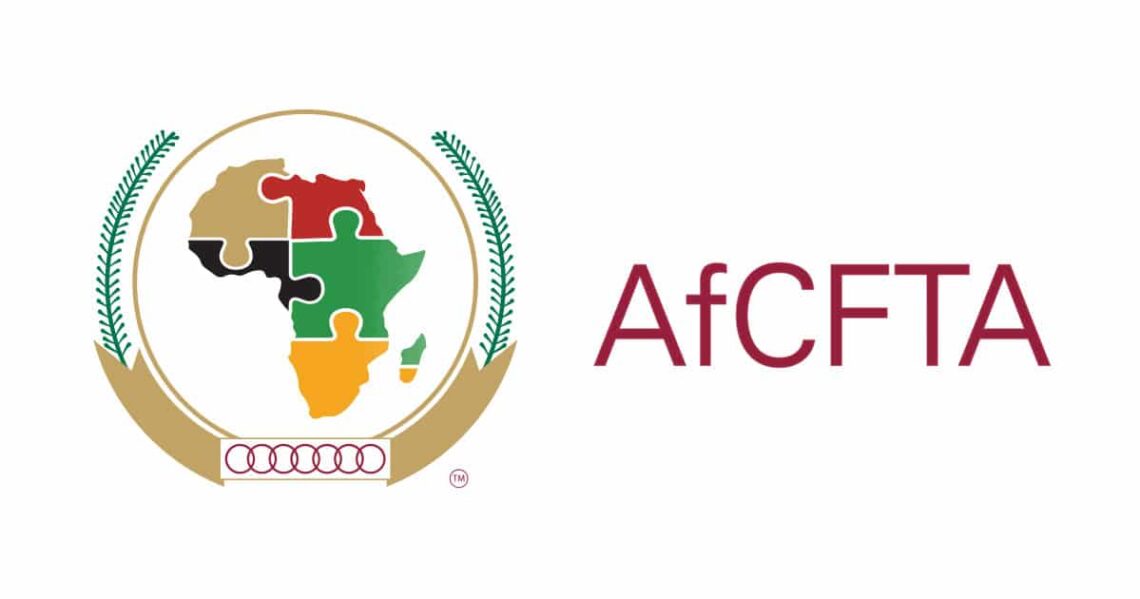Nigeria stands at an important juncture in its economic journey. With the African Continental Free Trade Area (AfCFTA) offering the promise of the world’s largest single market, encompassing over 1.4 billion people and a combined GDP of more than $3 trillion, the question is not whether Nigeria should take advantage of this opportunity, but how quickly and effectively it can position itself to do so. AfCFTA is not just a trade agreement, it is a blueprint for Africa’s economic integration, and Nigeria, as the continent’s fourth largest economy, has a responsibility to lead.
The potential gains for Nigeria are enormous. By dismantling tariffs and non-tariff barriers across Africa, AfCFTA opens up vast markets for Nigerian goods and services. It creates opportunities for manufacturers, farmers, and service providers to scale beyond national borders and tap into a continental consumer base. Nigeria, with its youthful population, abundant natural resources, and entrepreneurial spirit, has the fundamentals to thrive in this new order. A vibrant manufacturing sector could supply everything from processed foods to textiles and automobiles, while the country’s booming creative and digital economy could find a ready audience across Africa.
Yet potential does not automatically translate into results. Nigeria’s economy continues to wrestle with deep structural problems, poor infrastructure, high production costs, insecurity, weak power supply, and a policy environment that often stifles business growth. Unless these bottlenecks are addressed, Nigerian producers will find themselves unable to compete with peers from South Africa, Egypt, Morocco, or even smaller economies like Rwanda and Kenya that have invested heavily in industrialisation and trade facilitation. AfCFTA is as much a test of Nigeria’s competitiveness as it is an opportunity for growth.
Critical reforms are therefore needed. First, Nigeria must prioritise investment in infrastructure—roads, rail, ports, and power supply—that will make it easier and cheaper to move goods across borders. Second, it must reduce the bureaucratic red tape that discourages exporters and stifles innovation. Third, the government must support small and medium-sized enterprises (SMEs), which form the backbone of Nigeria’s economy, through access to credit, capacity building, and market information. Finally, Nigeria must address insecurity in key agricultural and industrial zones, as no economy can compete effectively without stability.
AfCFTA also offers Nigeria a chance to diversify away from oil, a sector that has left the country vulnerable to price shocks and external pressures. By strengthening manufacturing, agriculture, and services, Nigeria can build a more resilient economy capable of generating jobs and sustainable growth. Moreover, with its strategic location and population size, Nigeria could become the logistical hub of West Africa, if only it invests wisely in trade infrastructure and regional connectivity.
The stakes could not be higher. AfCFTA is a once-in-a-generation opportunity to reframe Nigeria’s economic trajectory, but only if the country rises to the challenge. Leadership, consistency in policy, and a genuine commitment to competitiveness will determine whether Nigeria emerges as a continental powerhouse or remains a bystander in Africa’s integration story.
Nigeria must seize this moment. The future of its economy and its role in shaping Africa’s destiny depends on it.





